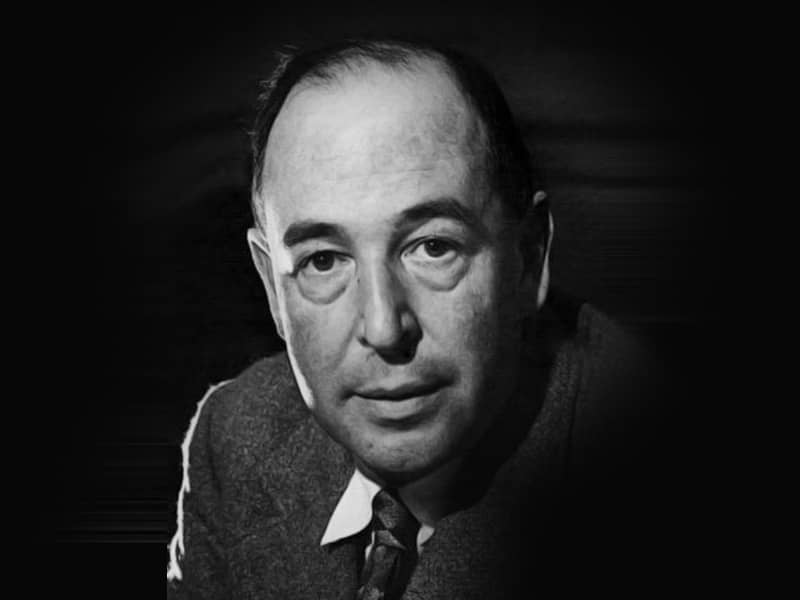"Constantine's Sword" is a highly risky enterprise, and though Carroll sways occasionally, he manages to traverse the 616-page high wire without toppling into the abyss of generalized guilt, and without ever losing the reader's rapt attention. It is the stunning achievement of a fine writer.
When Carroll visited Auschwitz some years ago, he knew that the wooden cross his fellow Catholics had erected there had already sparked fierce debate. Many Jews saw it as a desecration. Some Christians agreed with them, but others thought it appropriate--after all, some Christians had died at the death camp. As he stood at that controversial cross, Carroll was thrust into a searching and painful inquiry. Somehow everything that had gone into the making of hiss life was called into question. How could the symbol he loved, the cross, be such a powerful reminder of God's love and at the same time be for so many Jews a reminder of the hatred and oppression that had prepared the ground for the final solution?
But Carroll also realized that, in the words of theologian Karl Rahner (which he cites on the first page), one must not only have "the courage to ask questions" but to ask them "with the mind and heart one actually has, and not with the mind and heart one is supposed to have." Carroll's faithful adherence to Rahner's precept is what saves him from tedious breast-beating or straining the reader with defensiveness. Instead, he ventures forthrightly on what was both an agonizing inner journey and a bold march through a tortuous history. The volume he has produced will surely shape the contours of the Jewish-Christian dialogue for years to come.
But it will do more than that. Carroll's brutal honesty--his commitment to think and write with the mind and heart he actually has--can't fail to push every reader into an equally disturbing interior exploration. Carroll's research takes us from Auschwitz back to the cross on which the Romans executed an obscure Galilean rabbi; to the Emperor Constantine's commandeering of the cross as his imperial escutcheon; to the cross on the crusaders' gory shields; to the cross thrust into the eyes of the victims writhing in the inquisition's flames; to the Jew-hatred of the modern French journal La Croix; and then, with numbing momentum, back to Hitler and Auschwitz.
The expedition is anything but comfortable. But unlike some other treatments of this ugly legacy, Carroll never wallows in his own guilt and is not even particularly interested in forgiveness. His question is much more urgent: Can an honest unearthing of the past help avoid a repetition of this shameful chronicle in the future, and if so, how?
Beginning at the beginning, Carroll reminds us of Jesus' lifelong Jewishness. But he points out how quickly the early Christians' efforts to truckle to Rome caused them to mute Jesus' fidelity to his Jewish religion--even in the gospels themselves.
Jesus, of course, knew about crosses. They were the hangman's nooses of his day, and living under the leaden heel of the legions, he saw them frequently and must have contemplated the experience: The Romans first tortured to death anyone, like him, who dared question their authority, then left them to rot as an example.
Three hundred years later, Emperor Constantine made the cross the emblem of the very power that lynched Jesus. It was a spectacular inversion: The faith of a rebel twisted into the ideology of the empire. "The Jews," already singled out by early theologians as the "other" against which Christians defined themselves, became the "other" of Western civilization. The path from Constantine's adoption of the cross to Auschwitz is not difficult to trace, and Carroll is a well-informed guide.
Carroll's emphasis on the veneration Jesus must have felt toward the Temple as the central icon of the Judaism of his day is welcome, but he needed to be clearer about the conflicting attitudes toward the priesthood among the Jewish factions of the time. Nor does he capture the deep ambivalence of St. Paul, a Jew himself, who struggled with the meaning of Jesus for his own people, but who finally left it as a mystery in God's hands.
As a Protestant, I sometimes felt Carroll, though he is rightly critical of Luther's vengeful attitude toward the Jews, was too easy on the virulent anti-Judaism of my own branch of Christianity. But I was cheered that at the "next Vatican Council," which he thinks needs to be summoned, not just Catholics but all faiths and all people of goodwill should be represented.
Carroll says more than once that the profound issues he raises will not be solved soon, but he is confident that future generations will do so. I hope he is right, and if they do they will have received both inspiration and instruction from this remarkable book.

